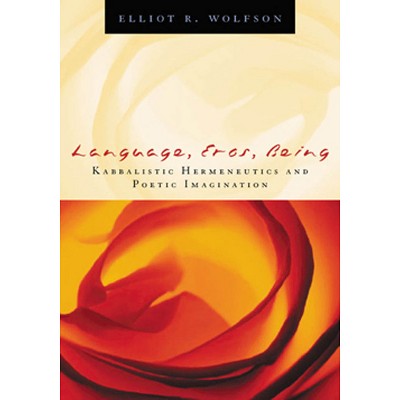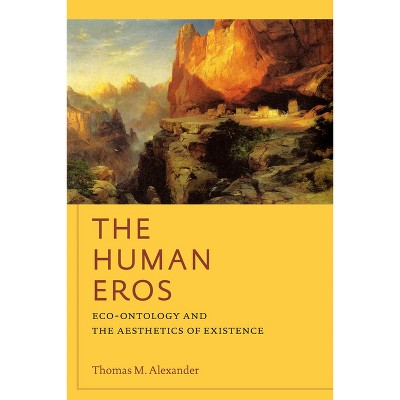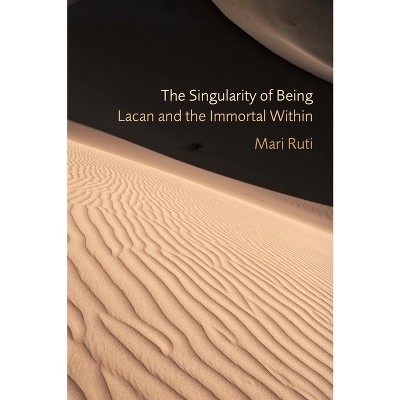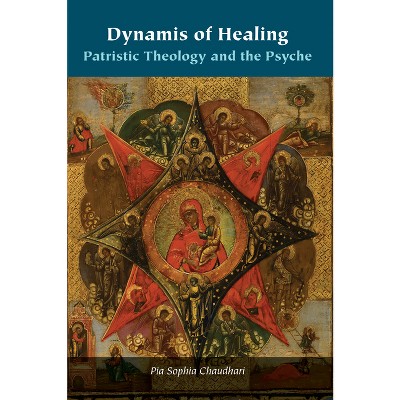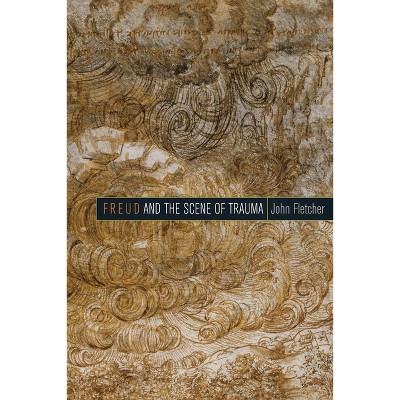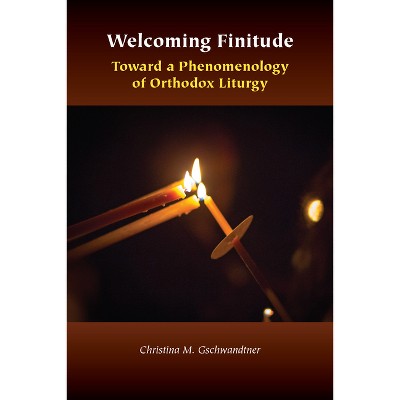About this item
Highlights
- This book elaborates the political and intimate possibilities of going beyond the tendency toward destruction that Freud identified in human nature.
- About the Author: Rosaura Martínez Ruiz (Author) Rosaura Martínez Ruiz is Full Professor of Philosophy at the Universidad Nacional Autónoma de México.
- 208 Pages
- Psychology, Movements
Description
About the Book
This book elaborates the political and intimate possibilities of going beyond the tendency toward destruction that Freud identified in human nature. Martínez argues that Eros is the force that can help us resist this destructive drive, and that resistance must take the form of unceasing ethical vigilance and political action.Book Synopsis
This book elaborates the political and intimate possibilities of going beyond the tendency toward destruction that Freud identified in human nature. Martínez argues that Eros is the force that can help us resist this destructive drive, and that resistance must take the form of unceasing ethical vigilance and political action.From the Back Cover
"This new book challenges us to rethink who we are, to what world we belong, and how best to engage the challenge to change and create in a world in which state powers continue to exercise forms of cruelty in the name of exclusion and destruction. Martínez asks us to consider what it means to be members of an erotic battalion, those who seek and enact love in public space to defeat the forces of destruction that so often cover their traces. This theory asks us to practice proactive resistance as a collectivity, to take up negation, erotically and ethically, to dismantle sovereign cruelty, and to oppose, in all its forms, annihilation."--Judith Butler, from the Foreword
Eros considers a promise left unfulfilled in Sigmund Freud's Beyond the Pleasure Principle. Rosaura Martínez Ruiz argues that when the pleasure principle comes into contact with the death drive (the human tendency toward aggression or cruelty), the psyche can take detours that, without going beyond the limit of the pleasure principle, can nevertheless defer it. Eros reflects on these deviations of the pleasure principle, in the political sphere and in the intimate realm. If psychoanalysis and deconstruction teach us that the death drive is insurmountable, through aesthetic creation and political action we can nevertheless delay, defer, and postpone it. Calling for the formation and maintenance of a "community of mourning duelists," this book seeks to affirm the kind of "erotic battalion" that might yet be mobilized. This battalion's mourning, Martínez argues, must be ongoing, open-ended, combative, and tenaciously committed to the complexity of ethical and political life. Rosaura Martínez Ruiz is Professor of Philosophy at the Universidad Nacional Autónoma de México. Ramsey McGlazer is Assistant Professor of Comparative Literature at the University of California, Berkeley. Judith Butler is Maxine Elliot Professor of Comparative Literature and in the Program of Critical Theory at the University of California, Berkeley.Review Quotes
This new book challenges us to rethink who we are, to what world we belong, and how best to engage the challenge to change and create in a world in which state powers continue to exercise forms of cruelty in the name of exclusion and destruction. Martínez asks us to consider what it means to be members of an erotic battalion, those who seek and enact love in public space to defeat the forces of destruction that so often cover their traces. This theory asks us to practice proactive resistance as a collectivity, to take up negation, erotically and ethically, to dismantle sovereign cruelty, and to oppose, in all its forms, annihilation.---Judith Butler, from the Foreword
About the Author
Rosaura Martínez Ruiz (Author)Rosaura Martínez Ruiz is Full Professor of Philosophy at the Universidad Nacional Autónoma de México. She is the author of two books in Spanish and is a member of the advisory board of the International Consortium of Critical Theory Programs. Judith Butler (Foreword By)
Judith Butler is Maxine Elliot Professor in the Department of Comparative Literature and the Program of Critical Theory at the University of California, Berkeley. Their many books include The Force of Nonviolence, Giving an Account of Oneself, and Gender Trouble. Ramsey McGlazer (Translator)
Ramsey McGlazer is Assistant Professor of Critical Theory in the Department of Comparative Literature at the University of California, Berkeley. He is the author of Old Schools: Modernism, Education, and the Critique of Progress.







